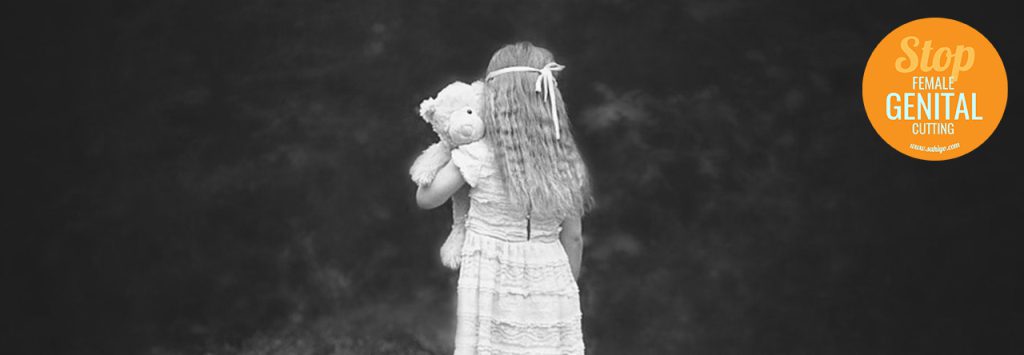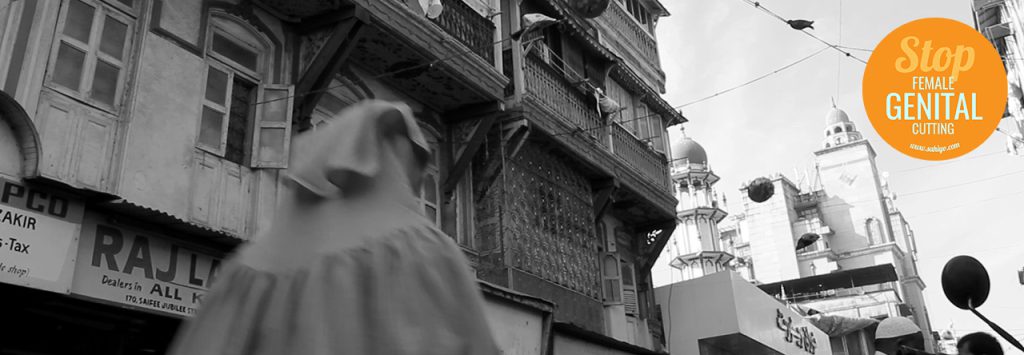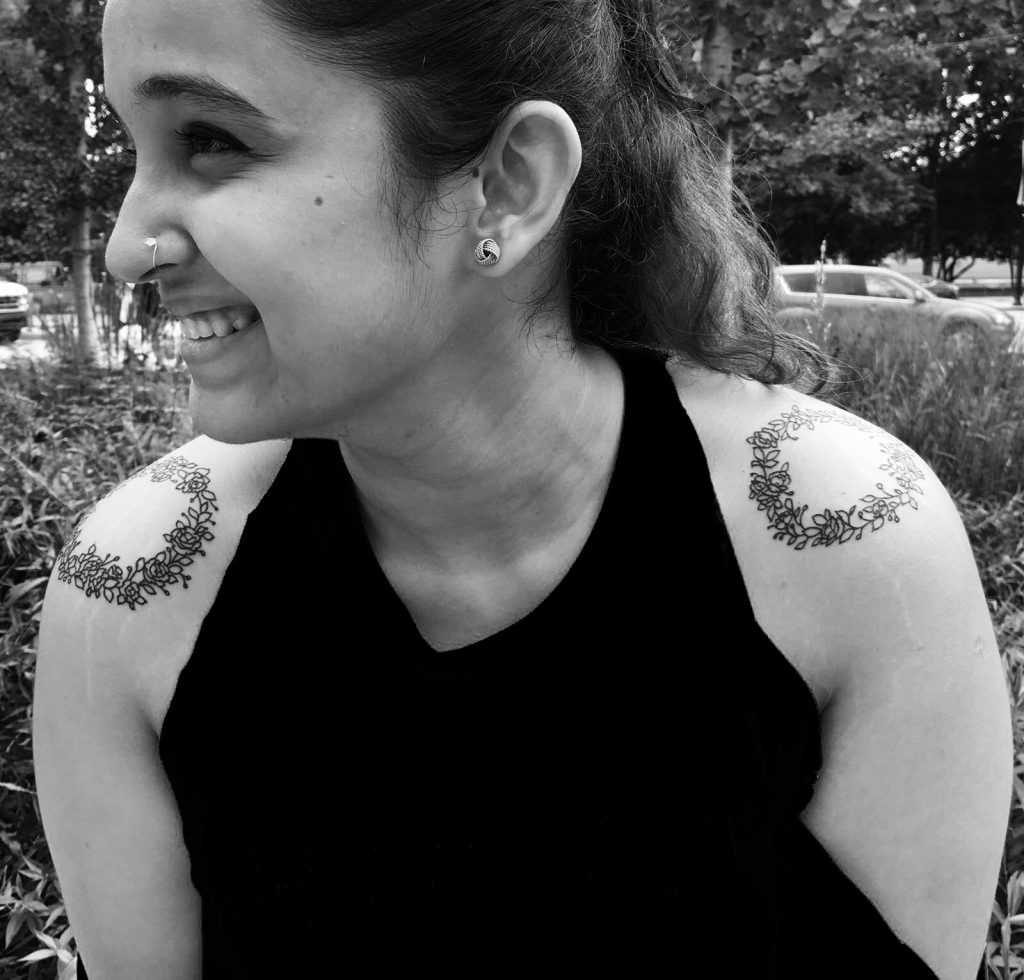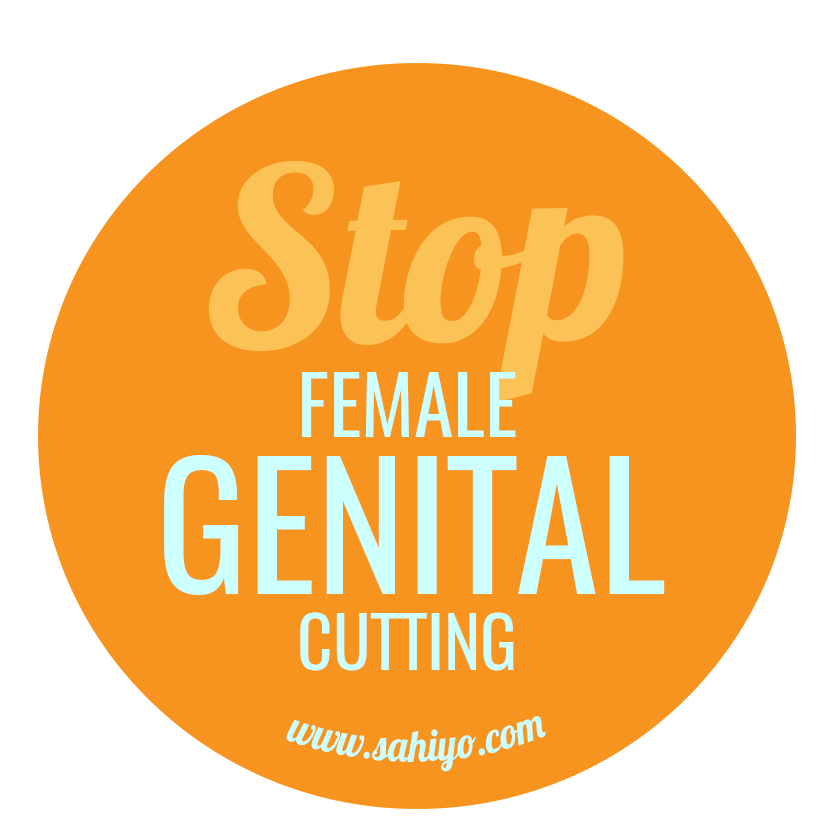I was spared from khatna because my Dadi happened to pass away

by Anonymous Age: 34 Country: India I came to know about the practice when I was seven years old, but all I knew was that khatna means removing something from your body. My two elder sisters have undergone khatna, but I was not cut. The reason for this is that my dadi (grandmother) passed away before it was my turn to be cut. My parents had got my sisters’ khatna done because of pressure from my dadi – otherwise, they never wanted to perform khatna on any of their daughters. I was in the 7th standard when I first discussed khatna with my mother. After coming from school, I told my mother about a class we had had on sex education, menstruation, puberty and bodily changes. My mom brought up khatna during this talk. She told me it is done to reduce sexual pleasure. Innocently, I asked her, “Mummy, maru pan khatna thavanu chhe?” (Will khatna happen to me also?) She said no, and I was very happy then. One of my sisters has a daughter, but she has decided she will not have khatna performed on her. I do not support this practice either. Such a tradition that harms women’s sexuality and rights should be stopped.
I don’t remember my khatna. But it feels like a violation

(First published on February 23, 2016) Zehra Patwa Age: 45 Country: United States In 2014, I saw a video that changed my life. My husband sat me down, told me that this was going to be upsetting, and showed me a video. It was a documentary from Australia featuring my cousin’s wife recounting her experience of being cut at the age of 7 in a dingy apartment in India by an old woman. Her telling of the story horrified me, which is the same reaction I have always had about Female Genital Mutilation (FGM) but what threw me was the fact that this was a Bohra woman, like me. She said this happens to all Bohra girls around the age of 7 and that it had happened to her sister, too. For a moment, I refused to believe it but as she kept talking, I realized that it could have been done to me too. I grew up in the UK and moved to the US in 1994. I immediately recalled that summer trip to India at the tender age of 7 to attend my uncle’s wedding. My mother had made me new dresses and I had matching hats and headpieces to go with them. It was going to be so much fun. What I couldn’t recall, though, was the actual khatna, but I have since received confirmation from my family that it was done to me. Even then, the reality did not sink in. How could I not remember it? Maybe it wasn’t done to me after all, maybe it was all a ruse to “save face”. What I’ve learned since is that some women erase the memory of the traumatic event completely and utterly. Sometimes, it can be restored and other times it can’t. I still haven’t accepted if it’s better to know or to not know. Either way, it feels like a violation. I cannot stand by quietly and let other girls in our Bohra community be subjected to this terrible practice. I will not be silent. Even though I do not recall my personal khatna, I feel lasting psychological damage has been done just knowing that it happened to me. I can only imagine the physical and psychological damage done to those girls and women who, to this day, have vivid memories of it. The Bohra jamaats in Sydney and Melbourne in Australia and, now, London in the UK have banned khatna (khafd). Why do our sisters from all over the Bohra diaspora still have to suffer when our sisters in Australia and London are spared? Are Bohra women valued more in some countries than others? All Bohra women are subject to the same rules and edicts from Aqa Maula, why is this any different? Khatna is illegal under Female Genital Mutilation laws in the US (18 U.S. Code § 116 – Female genital mutilation) but if khatna should not be done by some Bohras, shouldn’t it be extended to all Bohras regardless of the law in that country? If you had a daughter in Dubai, would you still consider subjecting them to khatna if your sisters in Australia and the UK are specifically told not to?
I was cut, my daughter too, but it stops with my granddaughter

Age: 58 Country: India I was 7 years old when my grandmother told me that she is taking me out. I was so happy and dressed up quickly, expecting to be given some goodies. Instead, I was taken to the house of a strange lady who frightened me when she pinned me down. And after that, what I remember is howling, crying, acute pain, and everyone around pacifying me. The whole day passed with agony and I was afraid to pass urine because of the pain. I kept on asking my mother and grandmother about what was done to me. The only answers I got: it was for my good and I would be fine soon. However, as I grew up, I was enlightened about “Khatna” as an Islamic tradition, which was also performed on my younger brother. Later, when it was my daughter’s turn, I had to quietly go along with our religious tenets. Now, my granddaughter is 6 years old, and for her, I will not support the practice of khatna. Now I am convinced that female circumcision only results in agony and pain for a girl child, with none of the benefits it is claimed to have. Also, not all Muslim communities practice it. Moreover, I am happy that NGOs like Sahiyo have brought this issue to the forefront and are getting worldwide support.
Of tattoos, female circumcision and hypocrisy

by Azra Adenwala Age: 21 Country: United States / India (Read the Hindi translation of this article here.) I never truly thought about my khatna (circumcision) until a while ago when I came across the organization Sahiyo. To be honest, I had no idea what it meant in the first place. It was when I started reading articles by other women who had experienced khatna that I realized that I, too, was a victim of this gruesome practice. I had simply buried this memory deep for I could not fathom what it meant or where it stemmed from. I was probably 5 or 6 years old. I was with my family on vacation – somewhere in Gujarat, as far as I can recall. I do not remember anything else from this trip, except certain painful bits and pieces. I remember being taken into a dingy bathroom, with a man or a woman in all white. I remember seeing scissors, and I remember seeing blood. I remember crying, as a bandage was applied to my genitals. I do not remember anyone telling me why or what had just happened to me. Everything seemed to go on as usual, as if nothing out of the blue occurred and I simply accepted this as it was for, I had no idea what had been done to my body. I have not really been scarred due to my khatna and it has not altered my life in any way. However, what makes me cringe is the fact that this was my body, and no one had or has the right to make any changes to it, especially such unhealthy ones just because “it is how it is”. I remember, three years back, when I got my first tattoo. When one of my extended family members saw this tattoo on my body, they told me, “You are a Muslim, and our religion dictates that your body must be returned to its grave exactly how it came out from the mother’s womb”. In other words, we must not make any alterations to our body and accept it as it has been given to us by god. If this is the case, then why were my genitals mutilated? What sort of hypocrisy is this? A religion cannot create rules based on what suits it. At some point, we need to realize the fact that it is us who have created religion in the first place. And we need to stop following rituals just because “tradition demands it”. We live in a modern society and we got to where we are right now because we embraced change. Female genital circumcision cannot dictate a woman’s faith in Islam. I find it extremely shallow, and I do not think anyone should be subjected to this practice, especially little children who have no idea what is happening to them. I might not have been adversely affected, but there are a number of women out there who have. Every woman must have the right to her own body for there is no point in having faith in a god that apparently condones such a horrible and inhuman practice.
Announcing 16 Days of Activism with Sahiyo: Join the campaign!

Around the world, one out of every three women experiences some form of gender-based violence. And every year, the United Nations runs an international campaign to bring attention –and funds – to this universal cause. The campaign is called ’16 Days of Activism Against Gender-based Violence’ and takes place between November 25 and December 10. Why these two particular dates? Because November 25 is the International Day for the Elimination of Violence Against Women, and December 10 is marked as Human Rights Day. Every year, governments, UN agencies, and civil society organisations utilise these 16 days to campaign for public awareness, action, and fund-raising towards all forms of violence against women. This year’s global theme is ‘Orange the World’, highlighting orange as a bright and optimistic colour to signal a future free of gender-based violence. Female Genital Cutting (FGC) is also a form of violence against women, and Sahiyo is excited to announce its own 16-day “orange” campaign to raise awareness about the issue. Read on to know what we will be doing, and how you can participate: 1) ‘STOP FGC’ badges: If you feel strongly about bringing an end to Female Genital Cutting or Khatna, get hold of Sahiyo’s new ‘Stop FGC’ badge and pin it proudly on your Facebook, Twitter, Whatsapp, Instagram or Snapchat profiles. The message is simple, orange and eye-catching, and will serve as a great way to begin conversations about khatna with those around you during – and even after – the 16 Days of Activism. Here is a downloadable version of the pin: We also encourage you to pin these badges offline: simply print out the image above, cut around the orange circle and pin it on your shirt or bag! If you’re in Mumbai and can make it to Friday’s screening of A Pinch of Skin (see below), you could also request a physical badge from the Sahiyo members present. 2) Screening + discussion of ‘A Pinch of Skin’: On Day 1 of the 16 Days campaign, those in Mumbai can attend a screening of A Pinch of Skin – a National Award-winning 2013 documentary by Sahiyo co-founder Priya Goswami. This was the first film to highlight the practice of Female Genital Cutting in the Bohra community. The film will be screened at the two-day SAMABHAV film festival organised by Men Against Violence and Abuse, an NGO doing crucial work to sensitise boys and men about gender violence. And after the screening, don’t miss the opportunity to discuss FGC and the film with Sahiyo members! WHAT: A Pinch of Skin, a documentary by Priya GoswamiWHEN: November 25, Friday. 12.15 pm to 1.15 pmWHERE: Dr. BMN College of Home Science (SNDT Matunga), Matunga Central (behind Maheshwari Udyan bus depot, near Aurora Talkies)The screenings are open to all but don’t forget to register your name with MAVA’s Project Coordinator Darshan by calling him on 0-9833733048 SAMABHAV is a film festival celebrating the rights of all genders, and the two-day event will include a host of other short films, features, and documentaries on the theme of Gender, Sexuality, Masculinity, and Relationships. Check out the details here. 3) 16 Days, 16 Stories: Sahiyo’s website, as many of you know, is a story-sharing platform for anyone who feels strongly about bringing the practice to an end. In the past year, we have shared scores of personal stories and narratives of women who have been circumcised, or whose loved ones have been cut; women who felt traumatised and violated, or those who didn’t, but still believe that there is no place for FGC in the world. We have also published heartfelt stories by Dawoodi Bohra fathers who don’t want their daughters cut anymore. From November 25 to December 10, Sahiyo will publish 16 such personal stories – one story each day – to raise awareness and remind survivors that they are not alone. Some are new, while others are powerful stories that we published in the past. Check out Sahiyo’s website, Facebook, and Twitter to read and share these stories. And if you would like to submit your own story, mail us at info@sahiyo.com. 4) US Summit to End FGM/C: From November 30 to December 1, Sahiyo co-founders Mariya Taher and Insia Dariwala will participate in the US Summit to End FGM/C in Washington DC. This unique conference has been organised by Equality Now, Safe Hands for Girls, and a host of other organisations. The Summit will bring together anti-FGC activists, survivors, religious leaders, government heads, and other stakeholders from around the world, and discussions will have a special focus on strategies to bring an end to FGC among diaspora communities in the United States. Stay posted on Sahiyo’s social media for Summit updates from Mariya and Insia! There will also be a live stream from the Summit itself, click here to tune into the conference!
